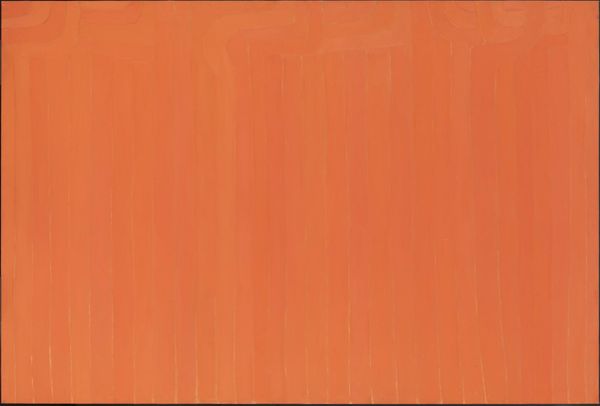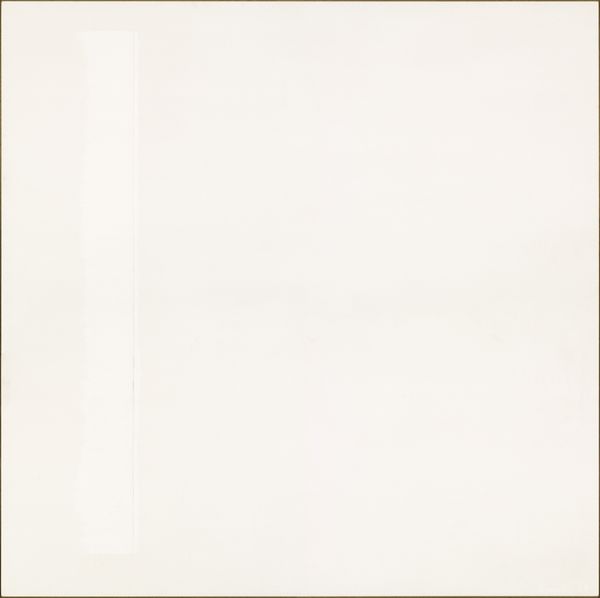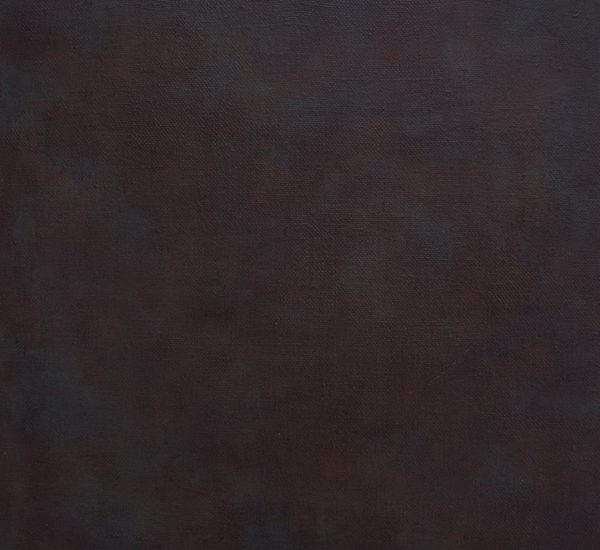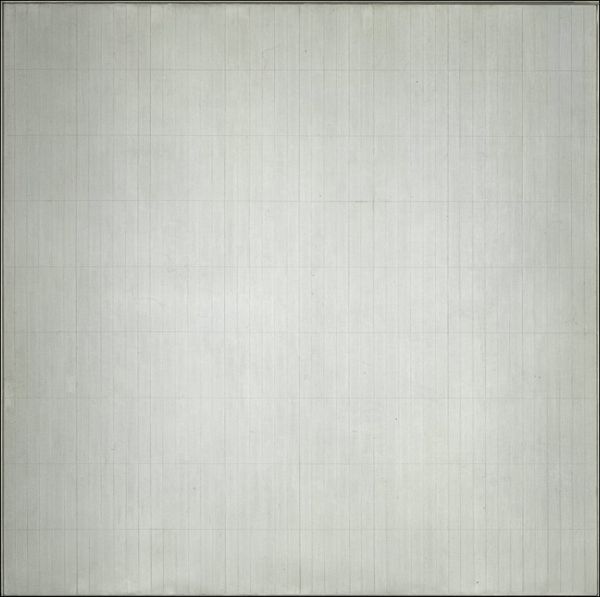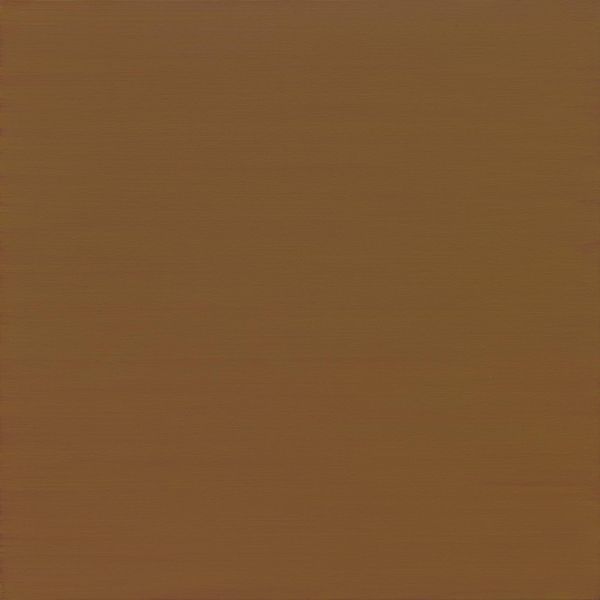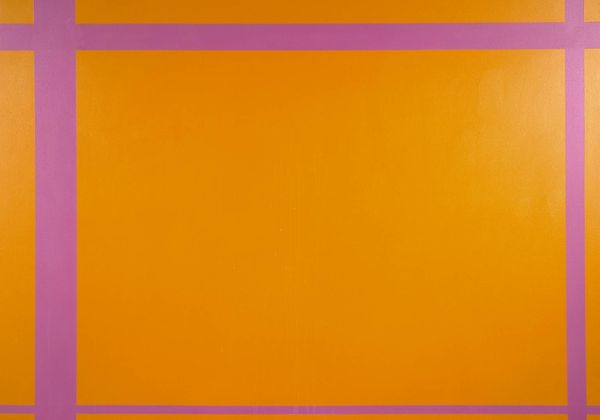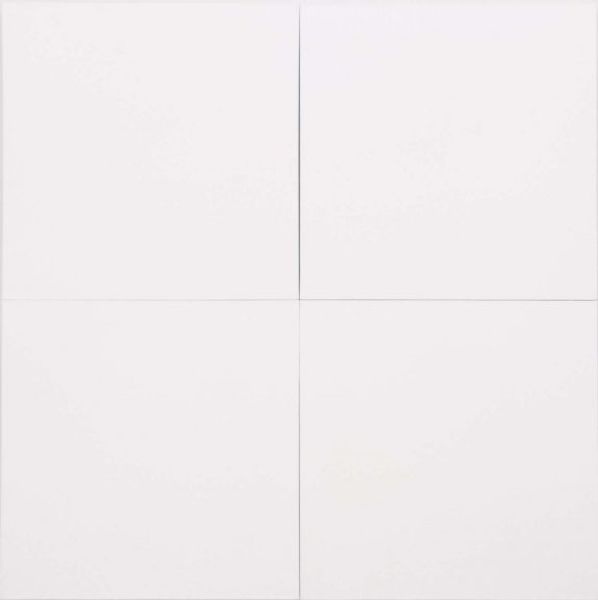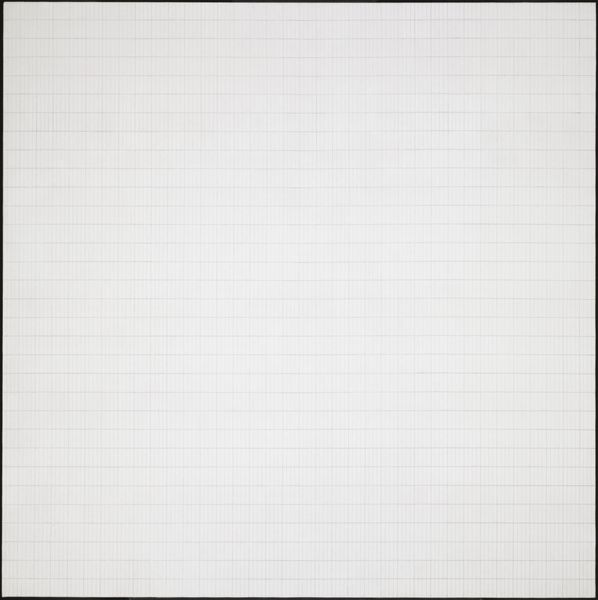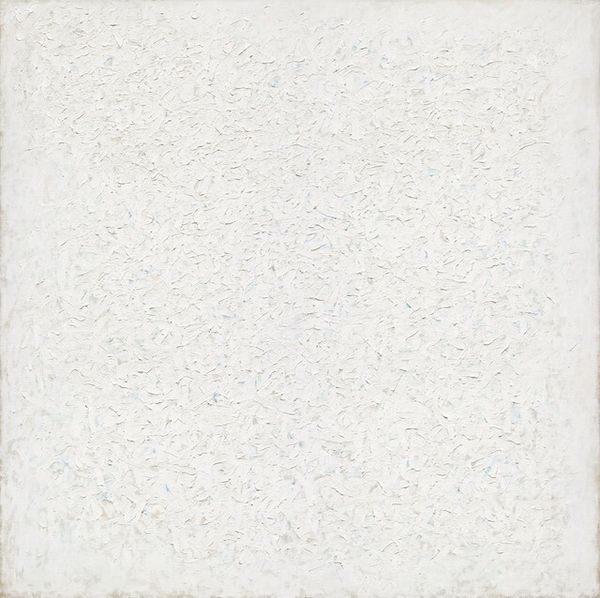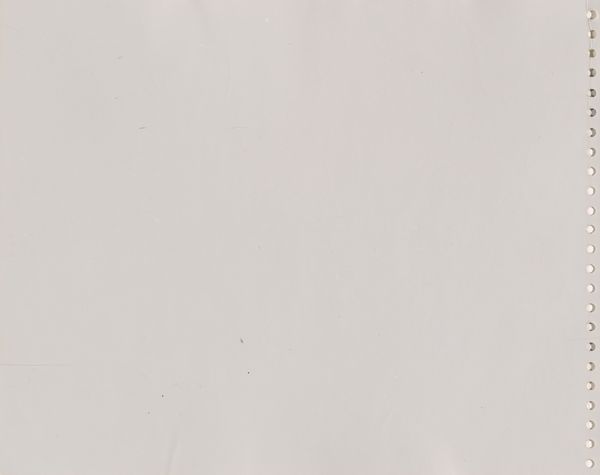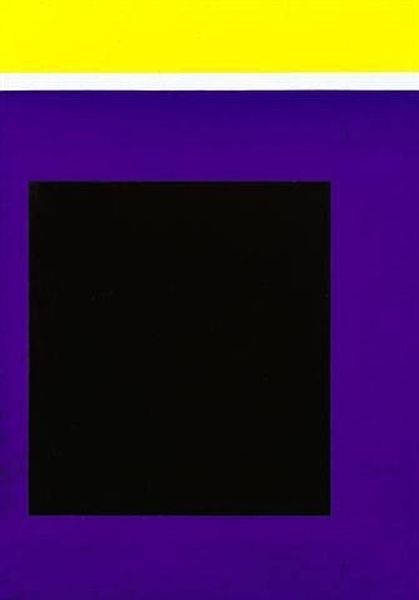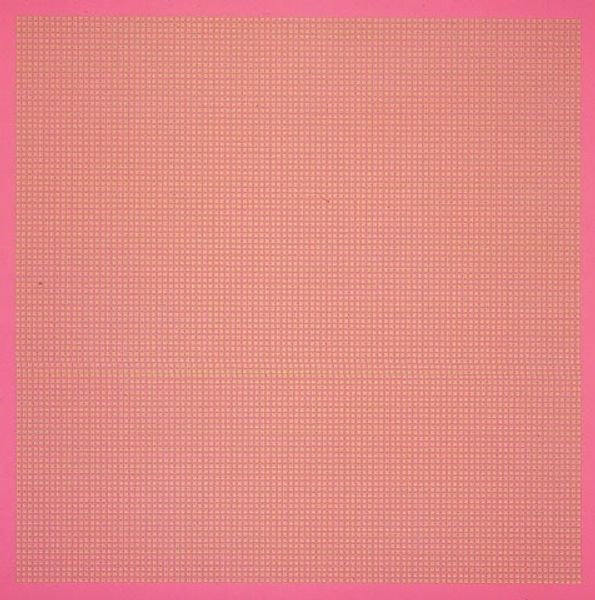
Dimensions: support: 600 x 600 mm
Copyright: © Maria Lalic | CC-BY-NC-ND 4.0 DEED, Photo: Tate
Editor: This is Maria Lalic's "History Painting 35 C18/19th. Cadmium Yellow," a monochrome work. It's just... yellow. What's the conversation here? Curator: The title is key. By invoking "history painting" and eras of colonialism, Lalic subverts the genre’s grand narratives. Could this cadmium yellow, potent and unwavering, represent a refusal of those historical representations? Editor: So, the yellow is not just yellow, but a political statement? Curator: Perhaps. Or a disruption. Consider the use of cadmium yellow, a pigment that became widely accessible during that same period. It mirrors the changing landscape of art, class, and power. What do you think about that? Editor: Interesting, I hadn't thought about the material history itself! It's more complex than I initially assumed.
Comments
tatemodern 10 months ago
⋮
http://www.tate.org.uk/art/artworks/lalic-history-painting-35-c1819th-cadmium-yellow-t07291
Join the conversation
Join millions of artists and users on Artera today and experience the ultimate creative platform.
tatemodern 10 months ago
⋮
CAN COLOUR RELATE TO A PARTICULAR PERIOD IN TIME? Maria Lalic’s paintings explore the history of colour pigments that were used to make paint. Each painting is made from semi-transparent layers of pigment that were discovered in the in the time referred to in the painting’s title. The artist was inspired by an old colour chart from paint manufacturerWinsor and Newton. It grouped pigments into six historical periods: Cave, Egyptian, Greek, Italian, 18th and 19th century, and 20th century. There is one painting for each period displayed here. Looking closely at the edges you can see the different paints she has layered to create the final colour of the painting. ‘I think I’m simply excited by recognising a time and place through colour.’ Start Gallery caption, 2016 Gallery label, August 2017
